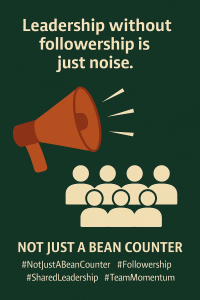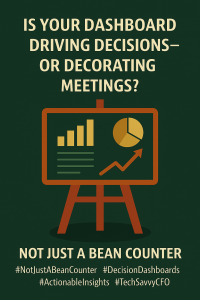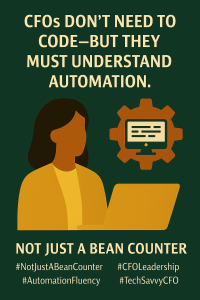Continuous Learning and Skill Development
Stay up-to-date
In a profession where standards, technology, and business models are evolving rapidly, staying up to date is not optional—it is essential. Whether it is changes in GAAP, advances in automation tools, or new regulatory requirements, accounting professionals must be proactive about continuous learning. It is a start if you have encouraged your accounting professionals to obtain certifications (e.g., CPA, CMA, CFA, CTP, etc.) (see discussion below). Generally, these certifications require upkeep in the form of continuous learning. However, talking with your teams about what learning they are doing is important. Hopefully, your teams are taking the approach to learning so that it helps them in their professional life, not just to get the credit. Also, for the members of the team that are not certified, encourage them to pursue learning as well, for their professional development and though no governing body requires them to. “‘Once you stop learning, you start dying’” – Albert Einstein.
Another option is to follow thought leaders, subscribing to trusted industry publications and accounting and finance specific sources like Journal of Accountancy or CFO.com. Attending industry webinars and conferences are also excellent ways to keep a pulse on what is next. Staying informed not only improves job performance, it enhances credibility and future-readiness.

Remember that non-technical training is just as relevant to your teams as the technical. If you want to truly be business partners with operations and the C-Suite, your teams will need to understand more about business in general and the specific industry you operate in. In addition, soft skills and communication ability are instrumental in the cross-functional partnering that many accounting teams lack. See the Driving Financial Strategy section for more information.
Develop analytical skills

As accounting evolves beyond compliance, analytical thinking is becoming a core competency. Executives don’t just want to know what happened—we must now explain why, forecast what might happen next, and recommend what actions to take. That means mastering tools like Excel modeling, data visualization, and scenario analysis. More importantly, it requires the ability to transform data into understandable insights that support decision-making. Developing this skillset elevates accountants from technicians to strategic advisors who influence the direction of the business.
Seek relevant certifications
Certifications are a powerful way to deepen expertise, signal credibility, and open new career paths. In addition to traditional designations like CPA and CMA, many professionals are now pursuing specialized credentials in data and analytics—such as the Certified Analytics Professional (CAP), Chartered Financial Analyst (CFA), or Microsoft Power BI Data Analyst Associate. Certain tools offer specific certificates in relation to the training you received on that specific tool. For example, tools like Tableau offer Desktop Specialist, Data Analyst, Server Certified Associate, Consultant, and Architect certifications. Your ERP may offer certification programs as well. Investing in these designations demonstrates a commitment to growth and positions you at the intersection of accounting, finance, and innovation.

Ready to lead beyond the ledger?
Follow us on:
#NotJustABeanCounter #UltimVentures #FinanceTransformation #AccountingInnovation #AccountingTransformation #ContinuousLearning #TeamDevelopment #DataVisualization #DataAnalytics #BreaktheStereotype #Leadership







